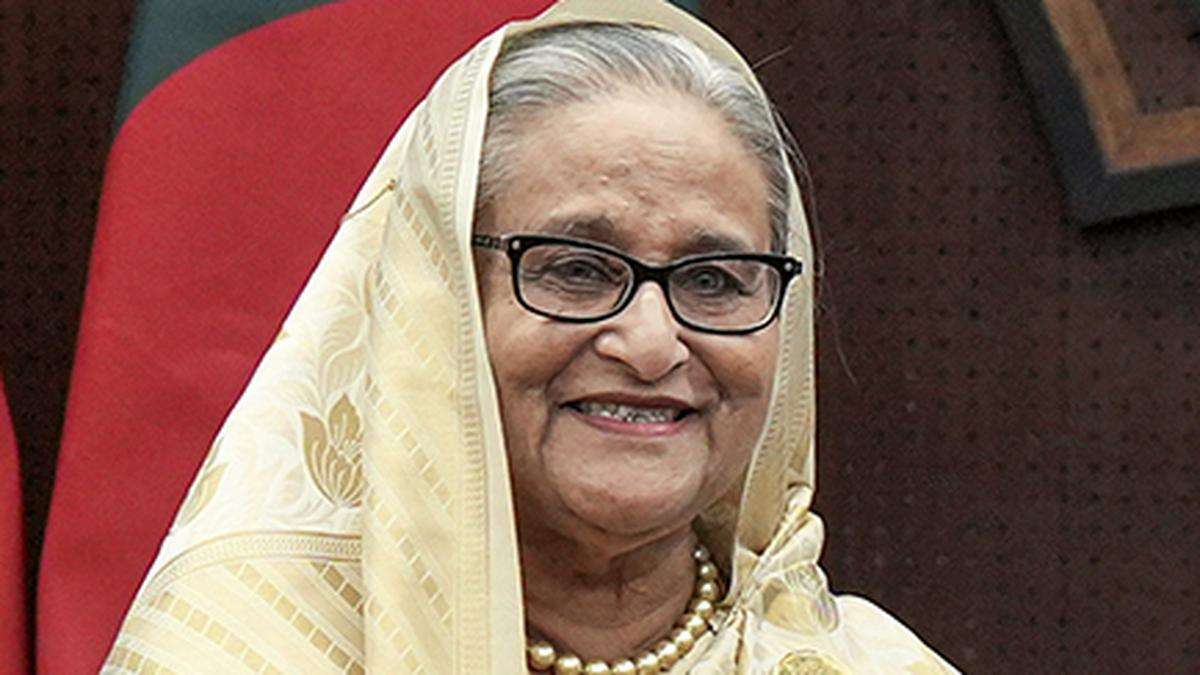A commission investigating enforced disappearances in Bangladesh during the rule of former Prime Minister Sheikh Hasina has uncovered that several children were among the hundreds detained in secret facilities. The Commission of Inquiry on Enforced Disappearances, in its preliminary report released on Tuesday, revealed that at least six children were confined in black site prisons along with their mothers for several months. The report also highlighted that infants were used as leverage during interrogations, including being deprived of milk.
Following her ousting by a student-led uprising in August 2024, the 77-year-old Hasina fled to India, a long-standing ally. Dhaka has since issued arrest warrants for Hasina, charging her with crimes against humanity.
Hasina's government was accused of widespread human rights abuses, including the extrajudicial killing of hundreds of political opponents and the unlawful abduction and disappearance of hundreds more.
The commission said it had detailed "multiple verified cases where women disappeared along with their children", including as recently as 2023.
It highlighted a case where a pregnant woman - held along with her two young children - was beaten in a detention centre.
"This was not an isolated case," the report stated.
'Never returned'
The commission said one witness showed investigators the room in the detention site she had been held in as a child with her mother, run by the much-feared paramilitary Rapid Action Battalion (RAB).
"Her mother never returned", the report read.
In another incident, a couple and their baby were detained, with the child starved of mother's milk "as a form of psychological torture" to pressure the father.
When in power, Hasina's government denied committing enforced disappearances, claiming some of those reported missing had drowned in the Mediterranean while trying to reach Europe.
The commission says around 200 Bangladeshis abducted by security forces are still missing.
Committee member Sazzad Hossain said that while some victims could not pinpoint the exact officers who tortured them, their testimonies would be used to identify the forces involved.
"In such cases, we will recommend holding the commander accountable," Hossain said.
"The effects on the victims' families have been multifaceted, ranging from severe psychological trauma to legal and financial challenges", the report added.
Source: TRT World








.svg)



